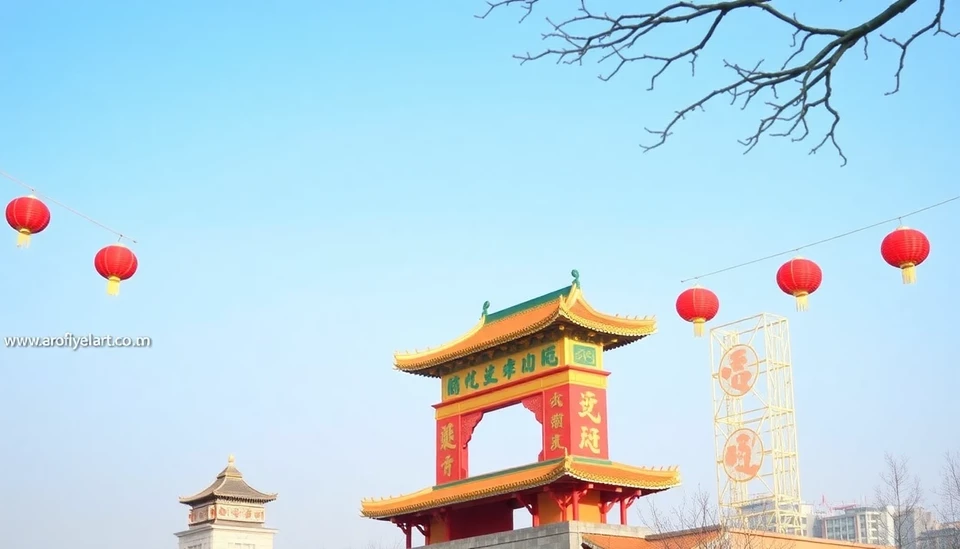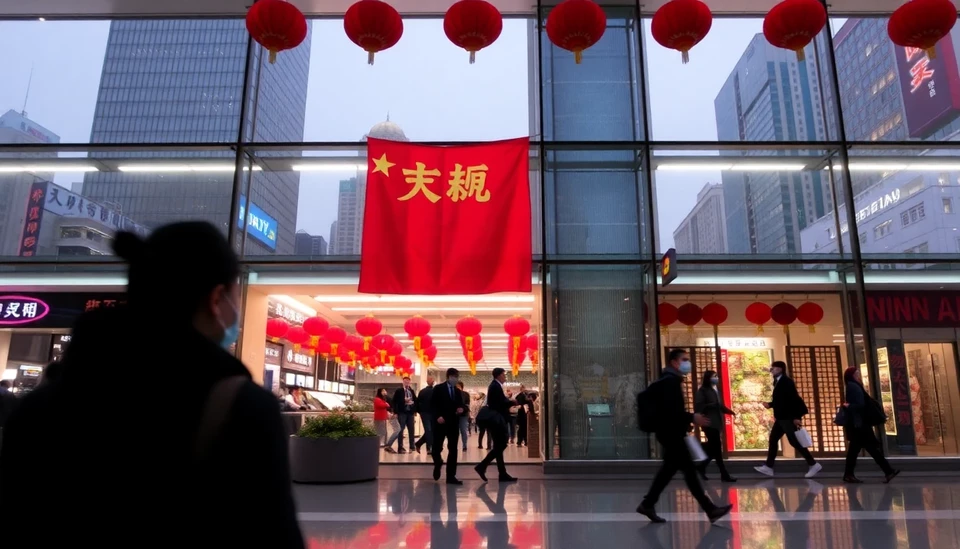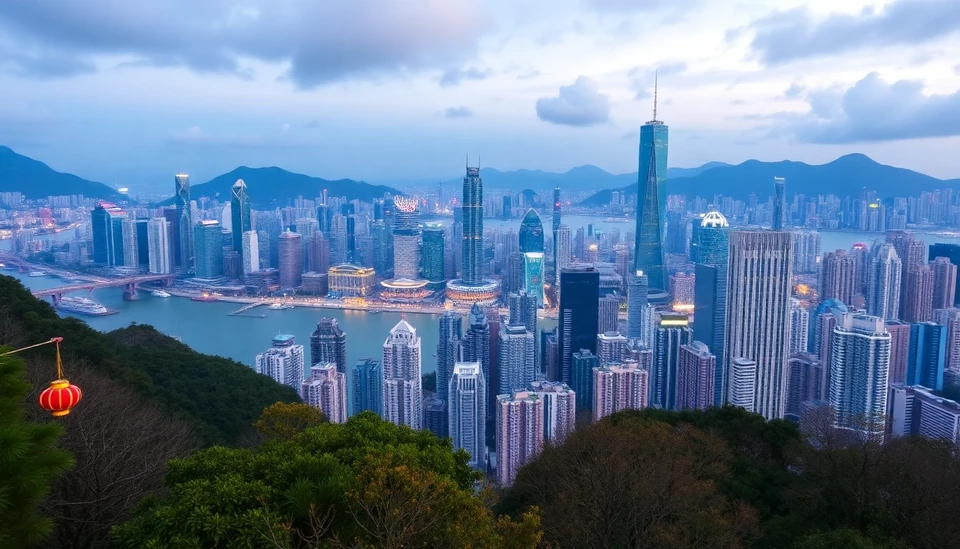
The Lunar New Year is traditionally a time of bustling travel and grand celebrations; however, this year, many Chinese tourists are embracing a more frugal approach to their holiday plans. Reports indicate that a significant number of travelers are choosing local destinations over long-distance trips. This shift appears to be influenced by the economic pressures facing families as well as a change in mindset towards spending during festive occasions.
With the peak travel season coinciding with the Lunar New Year, which falls on February 10th in 2024, individuals and families are reconsidering their travel itineraries. Flights and accommodations, known for their astronomical prices during this period, have led travelers to look closer to home. Instead of venturing to popular tourist hotspots abroad, many are opting for nearby attractions and experiences that offer similar enjoyment at a fraction of the cost.
The trend has been attributed to rising living costs, inflation, and a growing awareness among consumers regarding the importance of financial prudence. Economic uncertainty has become a dominant theme in the lives of many Chinese citizens, prompting a reassessment of spending habits, particularly during a holiday period usually associated with lavish luxuries.
Additionally, the resurgence of domestic tourism has been noted, as many cities are promoting local attractions to encourage visitors. The government has been quick to respond by enhancing infrastructure and services to make local tourism more appealing. With promotions ranging from discounted entry fees to special events, this strategy aims to capture the attention of travelers who are eager for experiences without straining their wallets.
Consumer confidence is still shaky, and the ongoing effects of the pandemic continue to loom over travel choices. Many families have settled into a mindset where they prioritize experiences over extravagance, choosing to spend quality time with loved ones over holiday travel that may incur high expenses. Consequently, the destination of choice has shifted more towards cost-effective locales, including parks, cultural sites, and rural settings, where families can enjoy festive traditions without the financial burden.
In this new travel landscape, those who do choose to travel abroad are leaning towards destinations that offer substantial experiences at reasonable costs. Southeast Asia remains a popular region; however, even here, many are now inclined to book short getaways rather than extended stays. For many, the thrill of travel is still present, but the preference is for curated experiences that can be enjoyed without the anxiety of exceeding their budgets.
This transformation in travel habits may signify a long-term change in consumer behavior as the post-pandemic era progresses. With economic implications weighing heavily on residents’ minds, many analysts speculate that the trend of budget-conscious travel may persist beyond the Lunar New Year, reshaping how tourism is approached in the years to come.
As preparations for the Lunar New Year continue, it is clear that this year’s celebrations will be characterized by a more cautious approach to travel, with many choosing to enjoy the holiday within their local communities rather than embarking on extravagant journeys. The shift reveals a fundamental change in mindset among Chinese consumers who are finding joy and meaning in simpler celebrations while prioritizing economic stability.
In conclusion, as the Lunar New Year approaches, the trend of frugality among Chinese tourists serves as a barometer for broader economic sentiment. The decision to travel closer to home rather than abroad reflects a changing culture towards spending—with family experiences taking precedence over lavish holiday trips.
#LunarNewYear #ChinaTravel #FrugalTourism #DomesticTravel #EconomicSentiment #BudgetFriendlyTravel
Author: Victoria Adams



